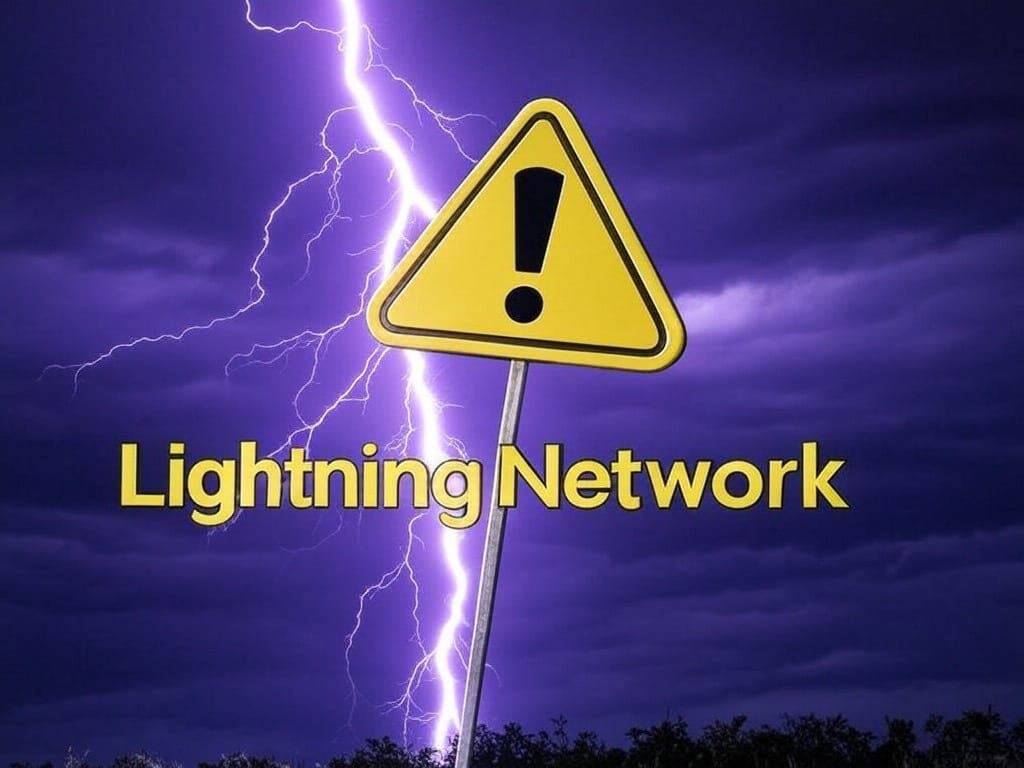Lightning Network's Irrevocable Fees Vulnerability Risks Channel Funds

A new significant vulnerability has been discovered within Lightning Network (LN), known as the "irrevocable fees" exploit. This bug, which could potentially siphon off up to 98% of a channel's funds, has sent ripples through the Bitcoin community, highlighting the delicate balance between scalability and blockchain security.
The essence of this vulnerability lies in how Lightning Network manages transaction fees within its off-chain channels. Imagine this scenario: an attacker, let's call her Mallory, opens a channel with you. She plays it smart, moving nearly all the channel's funds to her side, then deliberately inflates the transaction fees in the commitment transaction to a ludicrously high level. Now, here's where it gets intriguing: after setting these exorbitant fees, she reverts them back to normal, but keeps that high-fee transaction in her pocket. Later, when the opportunity arises, she broadcasts this high-fee transaction. The result? You, as her counterparty, lose nearly all your funds.
This isn't just a theoretical risk; it has been identified in major LN implementations like Eclair, LDK, and LND, though mitigations have now been put in place. However, the shadow of this vulnerability still lingers, particularly because even with the fixes, there's a version of this attack that relies on natural fee variations over time, which all LN implementations are still theoretically vulnerable to.
The Broader Implications
The implications of such a vulnerability are profound. It's not just about losing funds; it's about the trust in the system. If users cannot rely on the security of their channels, then Lightning will be stymied. This vulnerability shows just how fragile Lightning is. The LN aims to solve Bitcoin's scalability issues but at the cost of introducing new vectors for attack. If this id the case, it’s not much of a solution as it is just another problem.
The response from developers has had urgency. Patches have been rolled out, with each major implementation addressing the immediate threat. Yet, the long-term fix is more complicated, requiring changes not just to LN but also to how Bitcoin's peer-to-peer protocol handles transactions. This involves moving towards static commitment fees, which would eliminate the possibility of such fee manipulation in the future. However, this solution isn't immediate; it requires consensus and implementation across the board, more than likely in the form of a soft fork sometime in the distant future. Sadly, since Bitcoin development is so hard to get big changes added in, there is no time soon this exploit will be fixed on the base layer.
In the meantime, users are advised to keep their nodes updated, to be aware of the channels they open, and perhaps most importantly, to understand the inherent risks of using the Lightning Network. To put it another way, it’s not for the faint of heart and not recommended for inexperienced users.

